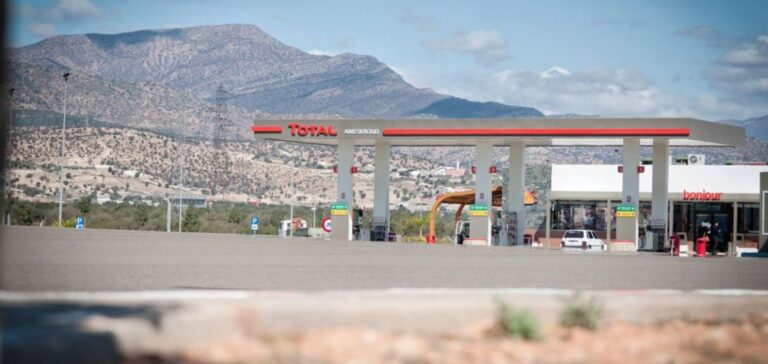The Moroccan courts are prosecuting nine oil companies, including TotalEnergies, for anti-competitive practices in the distribution of hydrocarbons, according to the Conseil de la Concurrence.
Antitrust investigation: Moroccan courts take legal action against nine oil companies via the Competition Council
“A notification of grievances has been sent to nine companies operating in the supply, storage and distribution of diesel and gasoline, as well as to their trade associations”, states the press release from the Conseil de la Concurrence’s general rapporteur.
“The investigating departments consider that they have sufficient evidence of the existence of anti-competitive practices committed by the parties in question”, adds the Council.
The notification of grievances initiates the adversarial investigation procedure, enabling the parties to exercise their rights of defense. In a press release, TotalEnergies Marketing Maroc, a company listed on the Casablanca stock exchange, confirmed that it had received a notification of grievances from the French Competition Council.
The company, which is listed on the Casablanca stock exchange, is “cooperating fully with the Competition Council’s investigating departments and is preparing the appropriate responses”, its press release emphasizes.
Politico-economic tensions: TotalEnergies Marketing affair and alleged cartel in Morocco
The third largest distributor of petroleum products and services in the Maghreb, TotalEnergies Marketing has an estimated market share of 15%. This affair — which has caused much ink to flow in Morocco — dates back to February 2020. At the time, the French competition authority concluded that the three dominant oil companies in the market – the French giant, Afriquia and Vivo Energy, Shell’s exclusive distributor in Morocco – had colluded, and imposed financial penalties.
But the affair has taken a more political turn, since Afriquia, Morocco’s market leader in hydrocarbons, is owned by the current head of government and businessman Aziz Akhannouch. With no hydrocarbons, Morocco imports all its petroleum product needs. After subsidizing fuels for a long time, the country liberalized the sector in 2015, leaving importers free to set fuel prices at the pump.
Since then, fuel importers have considerably increased their margins. Above all, prices remain virtually unchanged from one station to the next, fuelling criticism and suspicions of price-fixing.






















